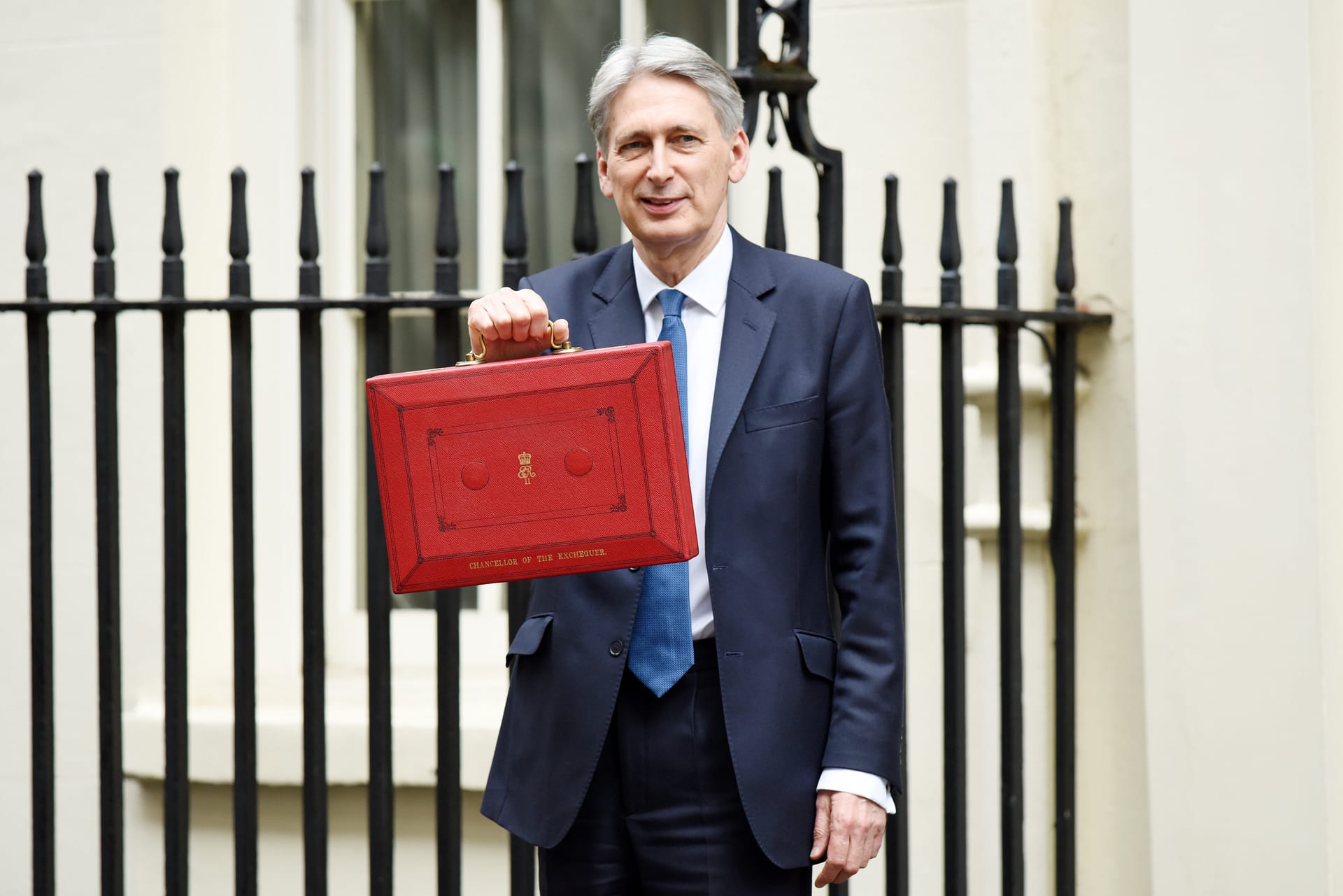11% of UK adults say that they’ve had a Christmas ‘ruined’ by either their own partner or a family member’s new partner.
Visiting family members they don’t like is the top holiday gripe with 22% admitting to tensions or disagreements with their partner over where they spend Christmas.
A third (32%) actively cannot stand a festive tradition enjoyed by a partner or their family.
The stresses that Christmas can put on relationships (and vice versa) have been highlighted by research unveiled today.
One in nine UK adults (11%) say that they’ve had a Christmas ‘ruined’ by either their or a family member’s new partner – rising to 22% of those aged 18-24.
Furthermore, around one in 16 (6%) admit that they’ve actually ended a romantic relationship at least in part due to disagreements over differing Christmas traditions – again rising sharply among younger adults, to 14% of those aged 18-24 and 13% of 25-34-year-olds.
The survey of Christmas traditions among 2,000 UK adults was carried out by Researchbods, part of global strategic insight and customer analytics group STRAT7.
Adding to the stress, the research found a third of UK adults (32%) have a Christmas tradition or activity that their partner or their family enjoys that they have to put up with – but actually cannot stand.
The top gripe is ‘visiting a family member you don’t like’, chosen by one in 14 UK adults (7%), followed by ‘people using their phones during Christmas dinner’ (5%) – notably highlighted most often as a festive faux pas by young adults aged 18-24. Christmas cracker party hats follow close behind (4%), but attract twice as much ire from men as they do from women.
The study further revealed that a third of us in the UK (34%) now celebrate Christmas at two or more households – rising to 59% of those aged 18-24. The most common reasons for this are to visit other family members (61%) or to visit their partner’s family (38%); a third of these Christmas commuters travel between 10am and 12 noon – creating a mini Christmas rush hour.
However, this isn’t always done gladly. Nearly a quarter (22%) admit to tensions or disagreements with their partner over which family’s household they should spend Christmas at (rising to more than half (54%) of 18-24-year-olds) – and 4% have the same argument every year.
Another tradition that was singled out for causing friction is when Christmas presents should be shared. Nearly a third of adults (31%) found that presents were opened at a different time than they were used to when spending their first Christmas with their spouse or partner and their family: 9% said this threw them at first, but 2% confessed this led to an argument.
Frances Revel-Cooper, head of custom insight at STRAT7 Researchbods, said, “While many of us look forward to the Christmas break, it seems the reality doesn’t always live up to the ideal. In particular, people can be very particular about their family traditions and even minor culture clashes can escalate.”
The findings reveal that traditional British Christmas traditions are shifting – one in six (17%) households have a non-UK festive tradition, such as eating stollen or putting out a shoe rather than a stocking for Santa.
Again, this change is being led by younger people: 37% of those aged 18-24 have Christmas traditions that sit outside UK norms – but most commonly because someone in their household is not from the UK originally.
Revel-Cooper added, “The UK is a melting pot and Christmas traditions – many of which are German of course – evolve over time. Younger people in particular are embracing different cultural traditions and cuisines to personalise Christmas to suit their preferences. There’s no one-size-fits-all Christmas and that’s something that families and businesses alike would be wise to embrace.”






Leave a Comment